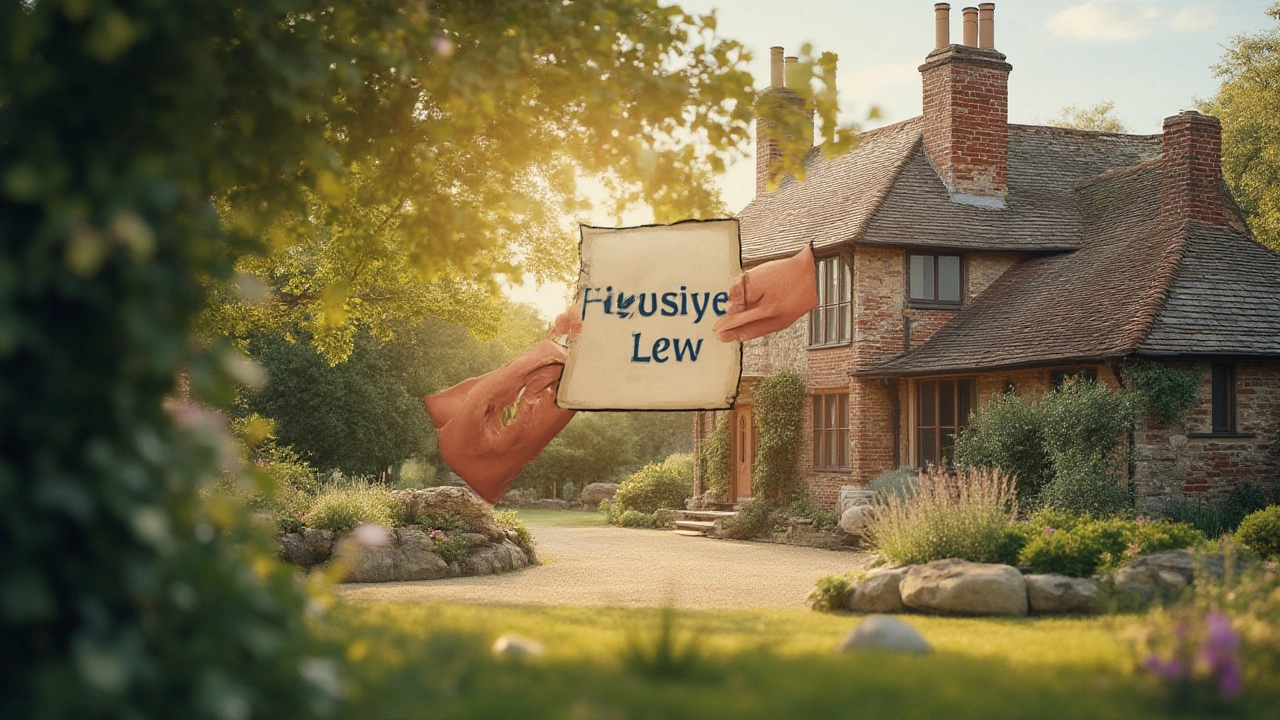Donate Real Estate – Simple Guide to Giving Property to Charity
Thinking about turning a house, land, or commercial building into a gift for a good cause? You don’t need a law degree to get started. Below is a plain‑spoken rundown of the main steps, the tax perks, and a few things to watch out for.
Why Donate Property?
Giving real estate can do more good than a cash donation. A single building can fund a church's community centre, pay for youth programmes, or provide a permanent home for a charity. At the same time, you often keep a big tax deduction, which can lower the amount you owe the government.
Most charities, including local churches, are set up to receive property. They usually have a board that reviews the gift, checks the title, and decides how the asset fits their mission.
Steps to Make a Real Estate Gift
1. Choose the Right Charity – Make sure the organisation is registered as a charity in the UK. A quick check on the Charity Commission website will confirm its status.
2. Get a Professional Appraisal – A qualified valuer will tell you the fair market value. This number is what the HMRC will use to calculate your tax relief.
3. Talk to Your Accountant – They can explain how the donation fits into your tax return and whether you qualify for the 30% relief on qualifying assets.
4. Prepare the Legal Paperwork – You’ll need a deed of gift, a transfer of title, and sometimes a stamp duty relief form. A solicitor who knows charity law can handle this quickly.
5. Notify the Charity – Send them the valuation, a copy of the deed, and any other required documents. They may ask for a short meeting to discuss future use of the property.
6. Complete the Transfer – Once the paperwork is signed, the land registry updates the ownership. The charity now officially holds the property.
7. Claim Your Tax Relief – Include the donation details on your self‑assessment tax return. Keep all receipts and the valuation report for at least six years.
That’s the core process. It sounds like a lot, but most steps are one‑off tasks, and professionals can handle the heavy lifting.
Things to Keep in Mind
Condition of the Property – If the building needs repairs, the charity might ask you to cover some costs or lower the donation amount.
Future Use – Some charities prefer to sell the property quickly to fund programmes, while others might keep it for long‑term use. Clarify this early to avoid surprises.
Residency Requirements – To get the full tax deduction, you usually must be a UK tax resident. Non‑residents can still donate, but the relief rules differ.
Alternative: Charitable Trust – If you want tighter control over how the property is used, setting up a charitable trust can help. You keep influence over decisions while still getting tax benefits.
Donating real estate is a powerful way to support your community, especially for a church that runs youth clubs, food banks, or a hospice. It turns a static asset into ongoing help for people who need it.
Ready to start? Grab a phone, call a local solicitor, and ask your accountant about the valuation. One simple conversation can set the whole process in motion and bring a big change to your favourite cause.

Can You Put Your House in a Charitable Remainder Trust? Rules, Benefits, and Real-World Tips
Curious if you can put your house in a charitable remainder trust? This guide covers the ins and outs, benefits, IRS rules, and tips for donating real estate.
Read More




